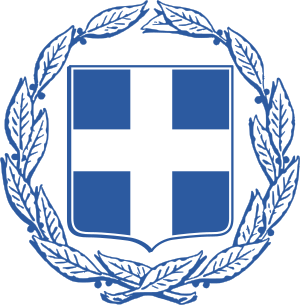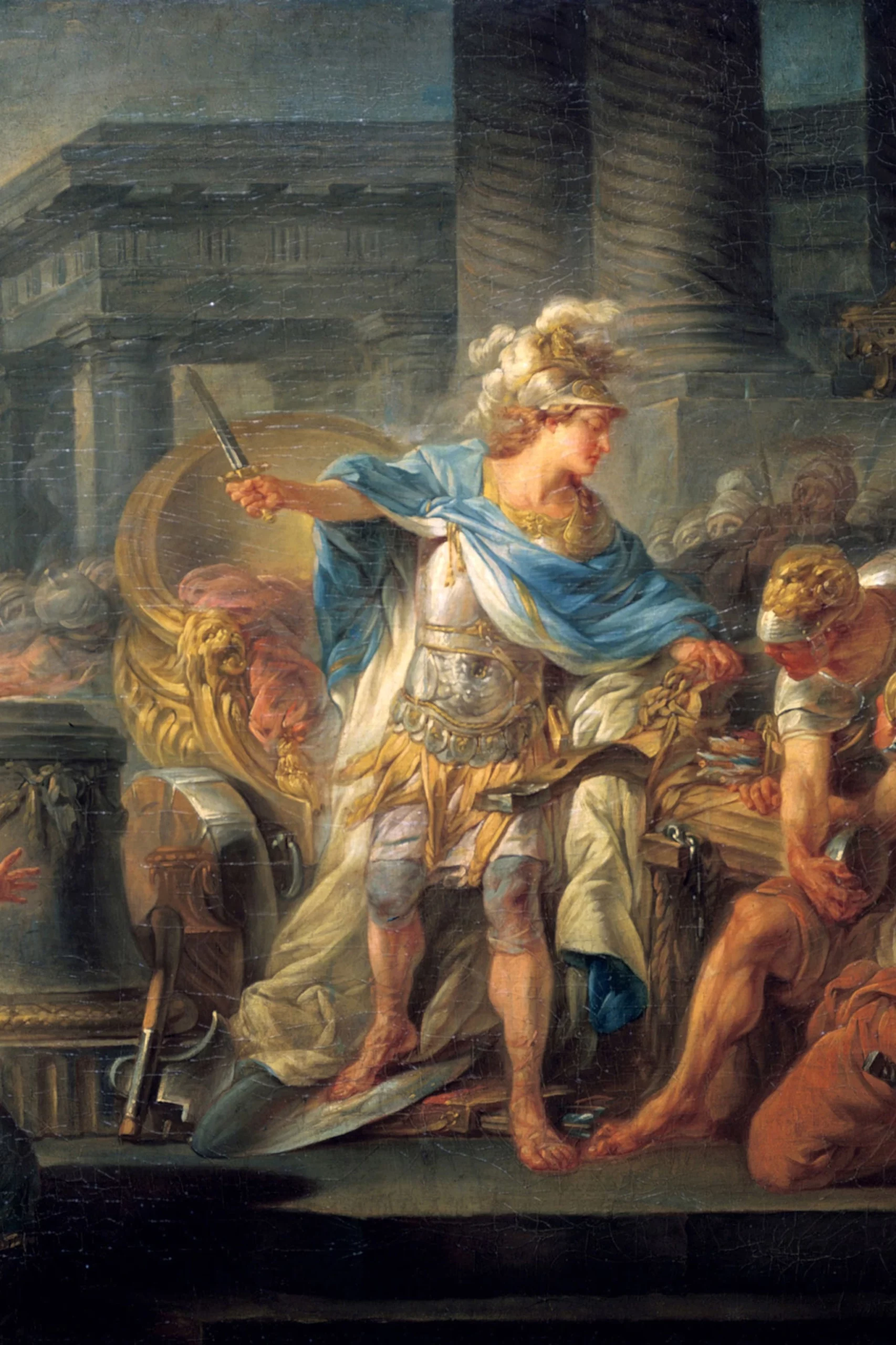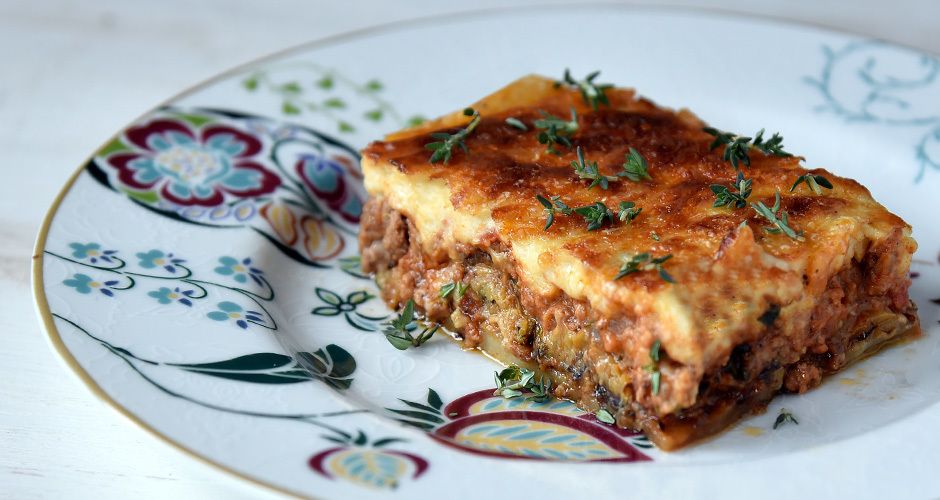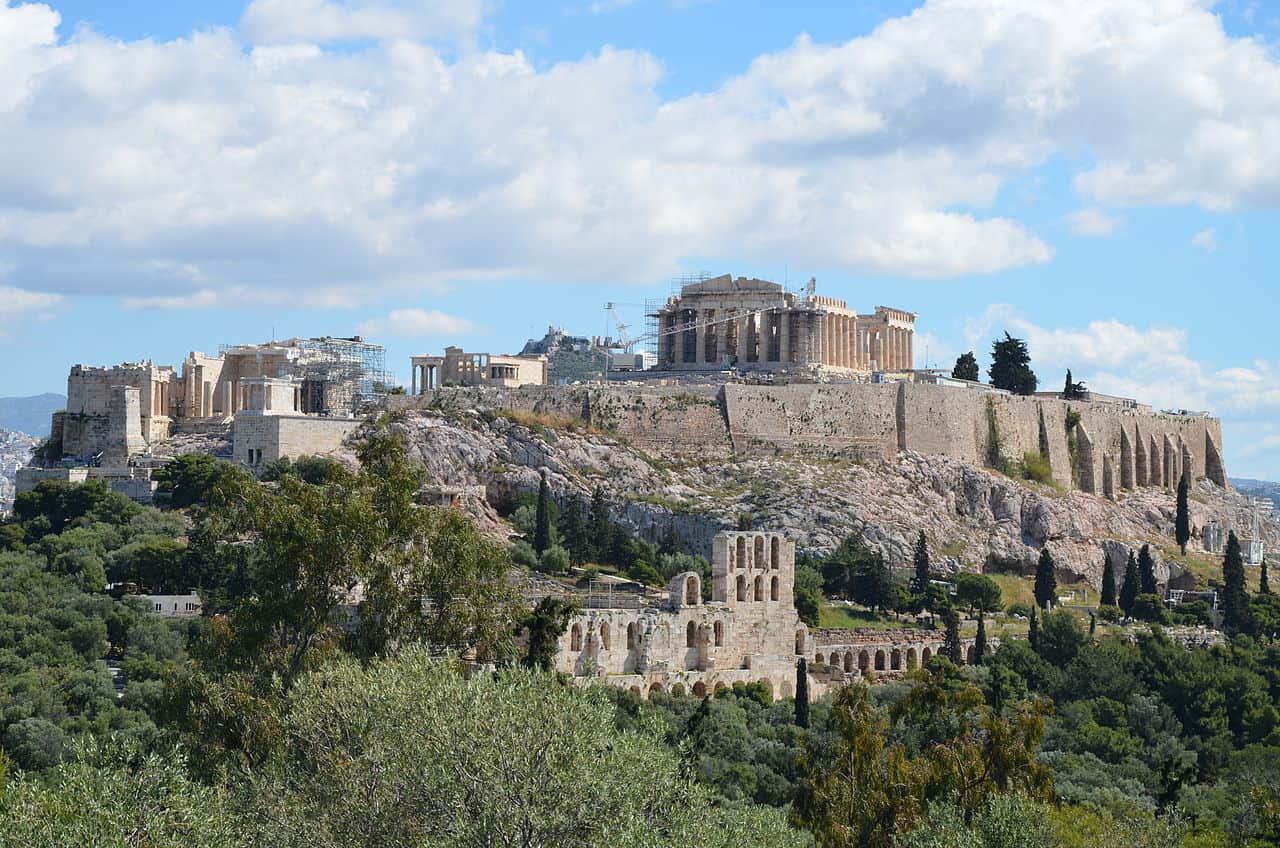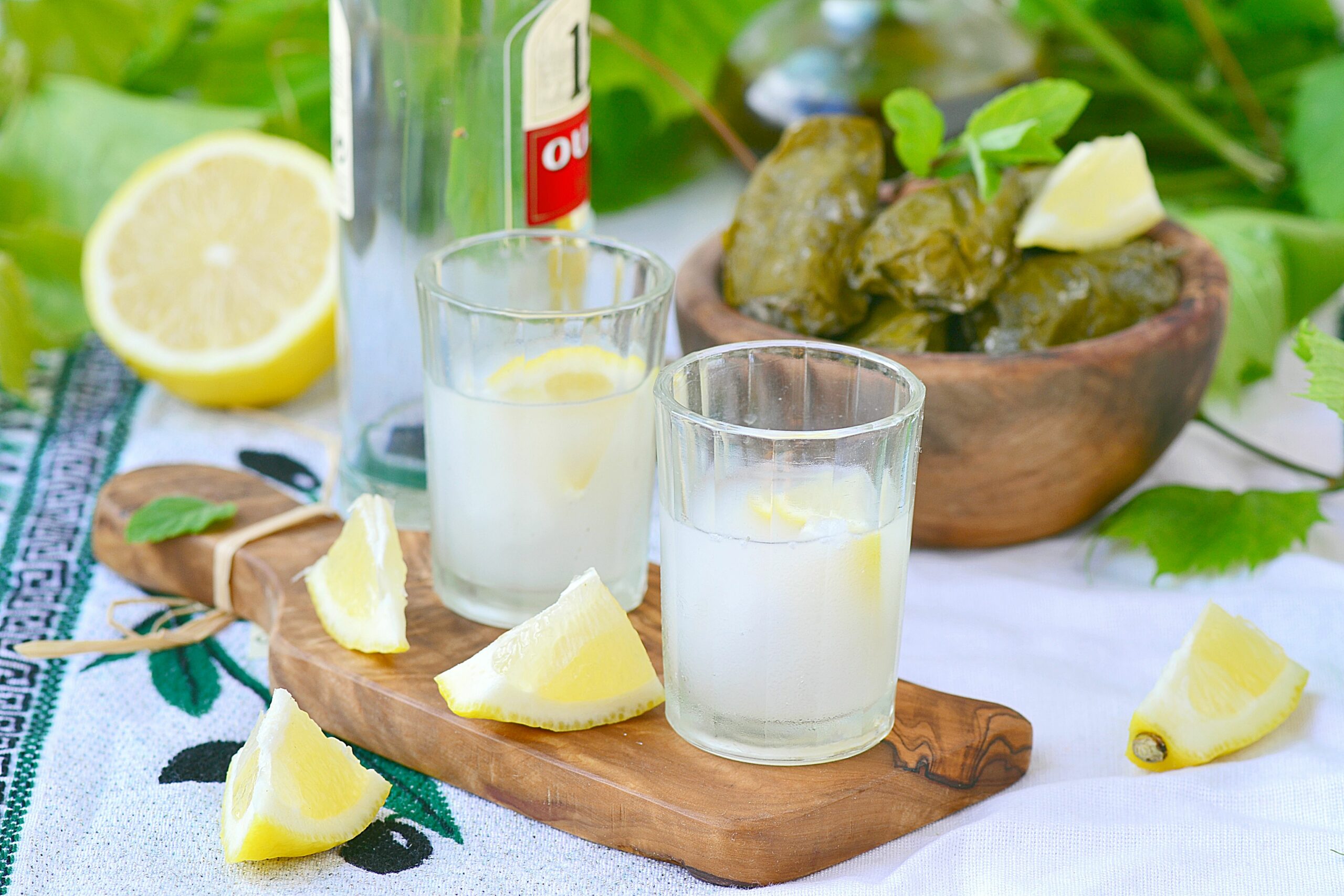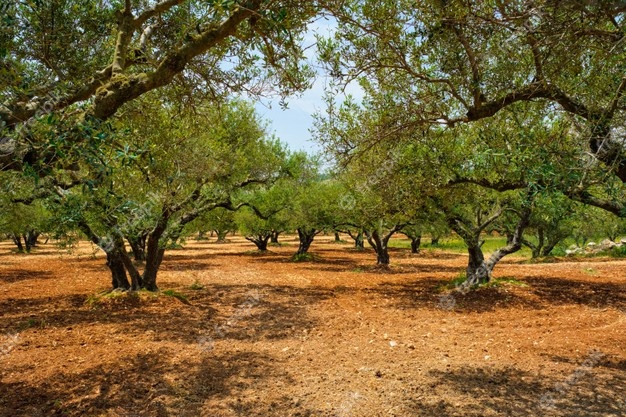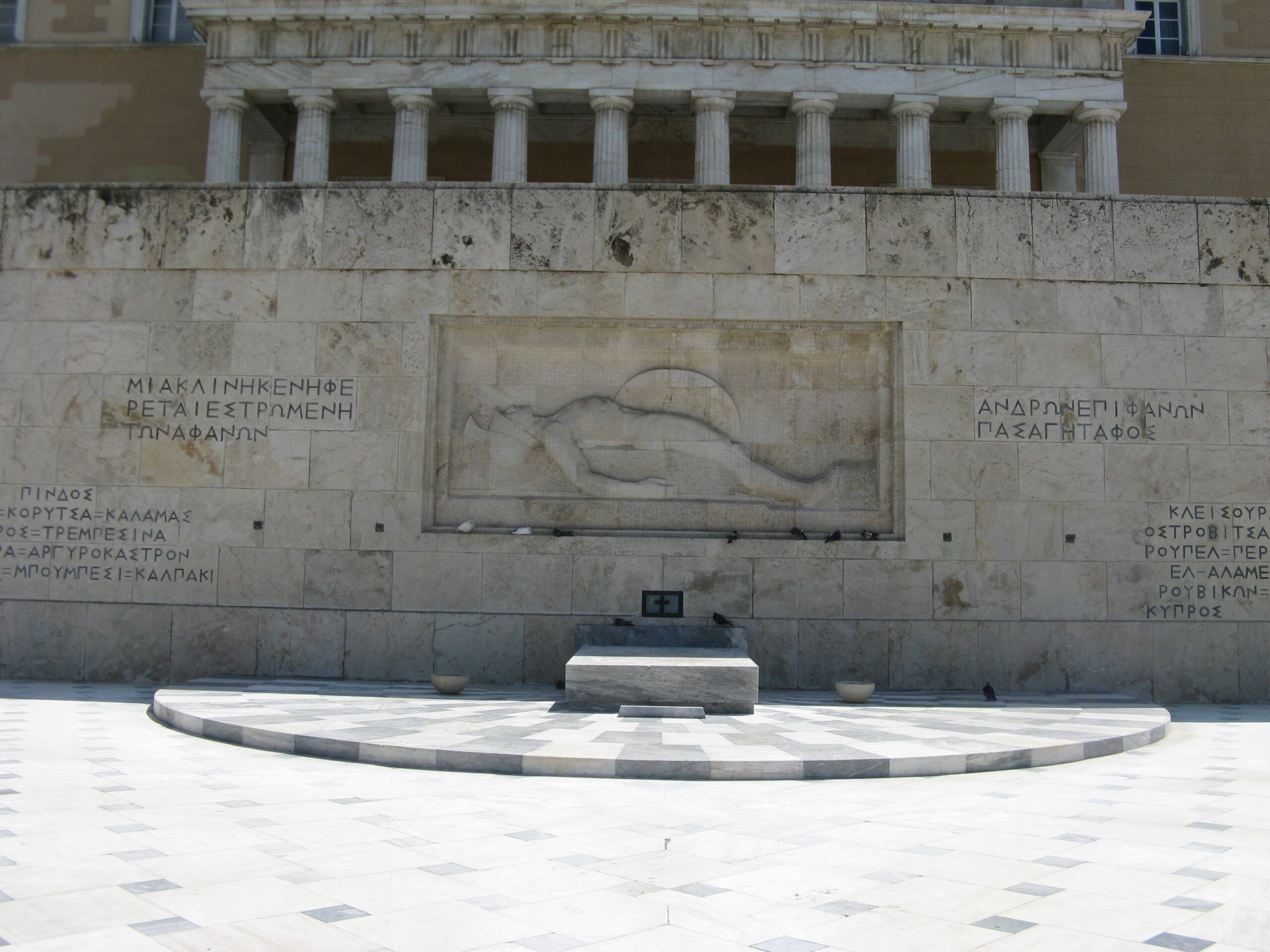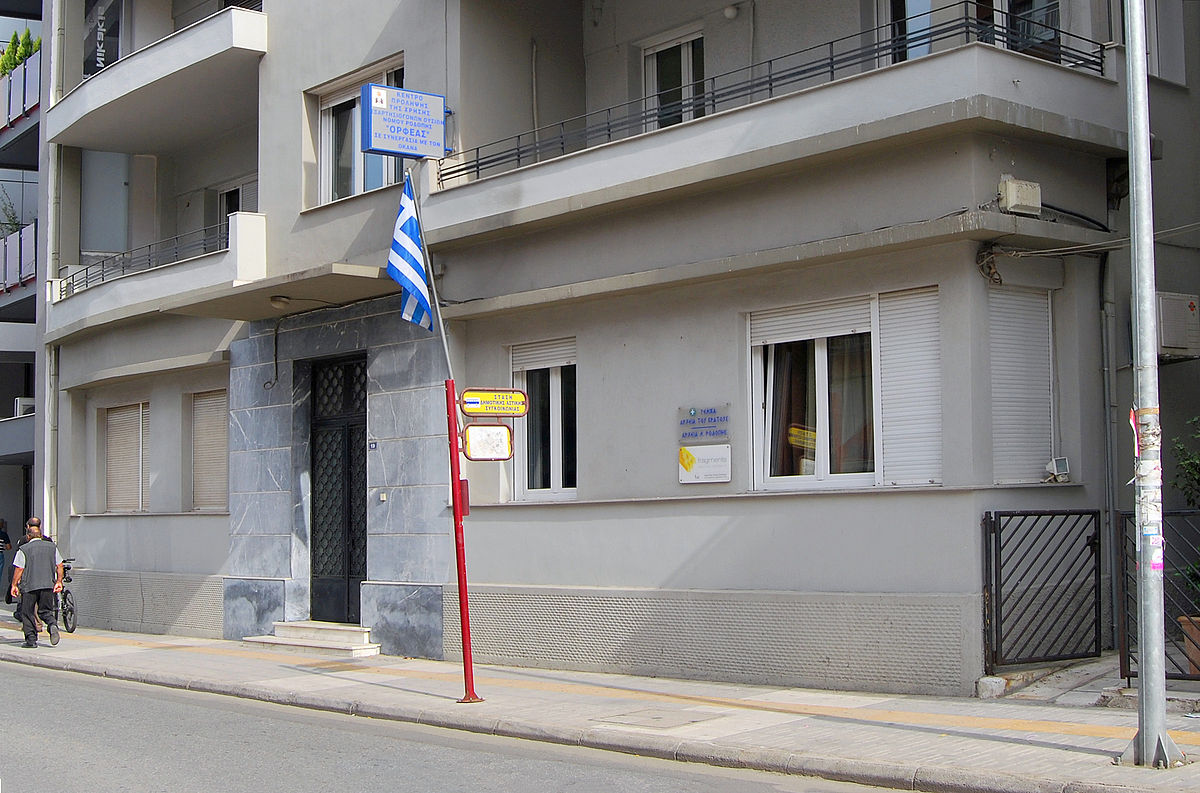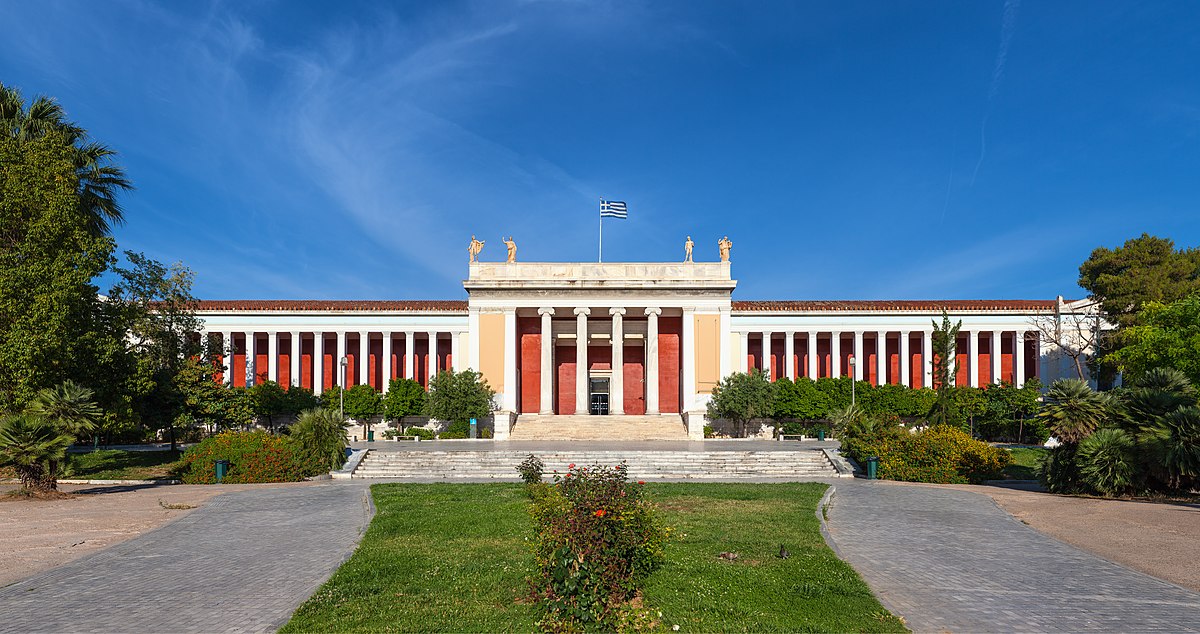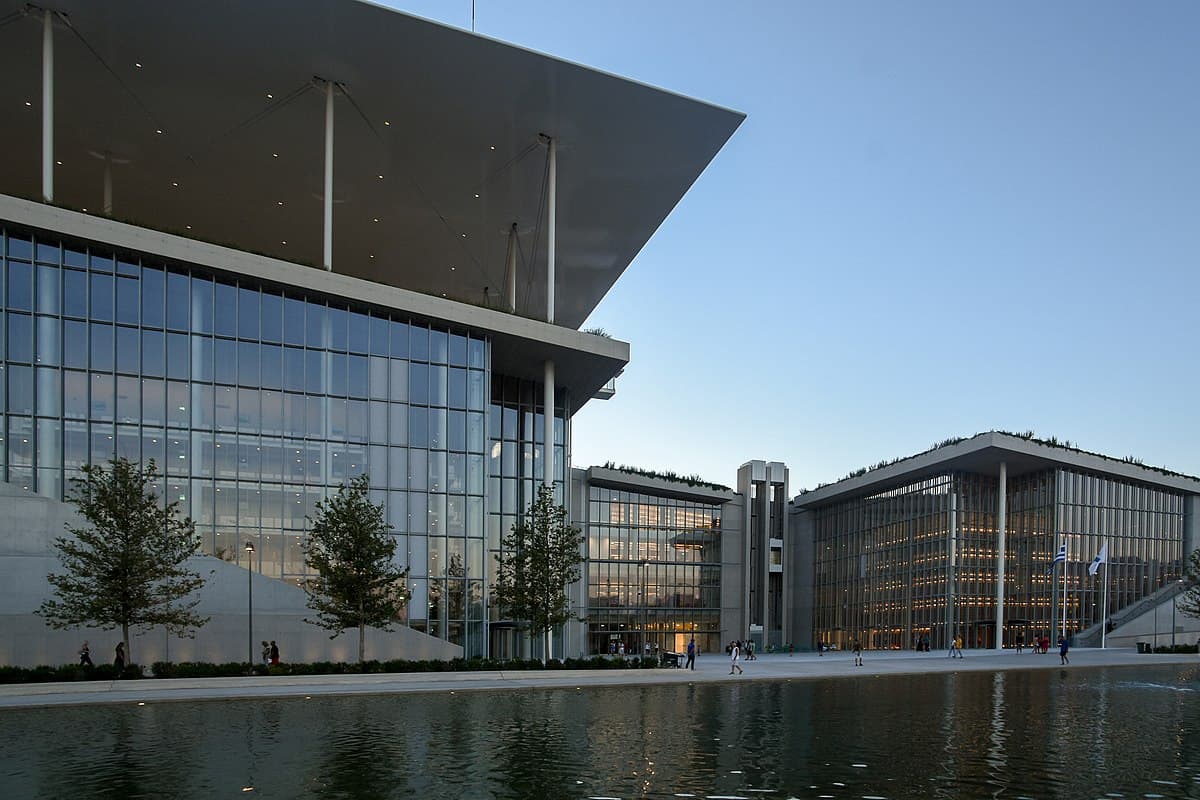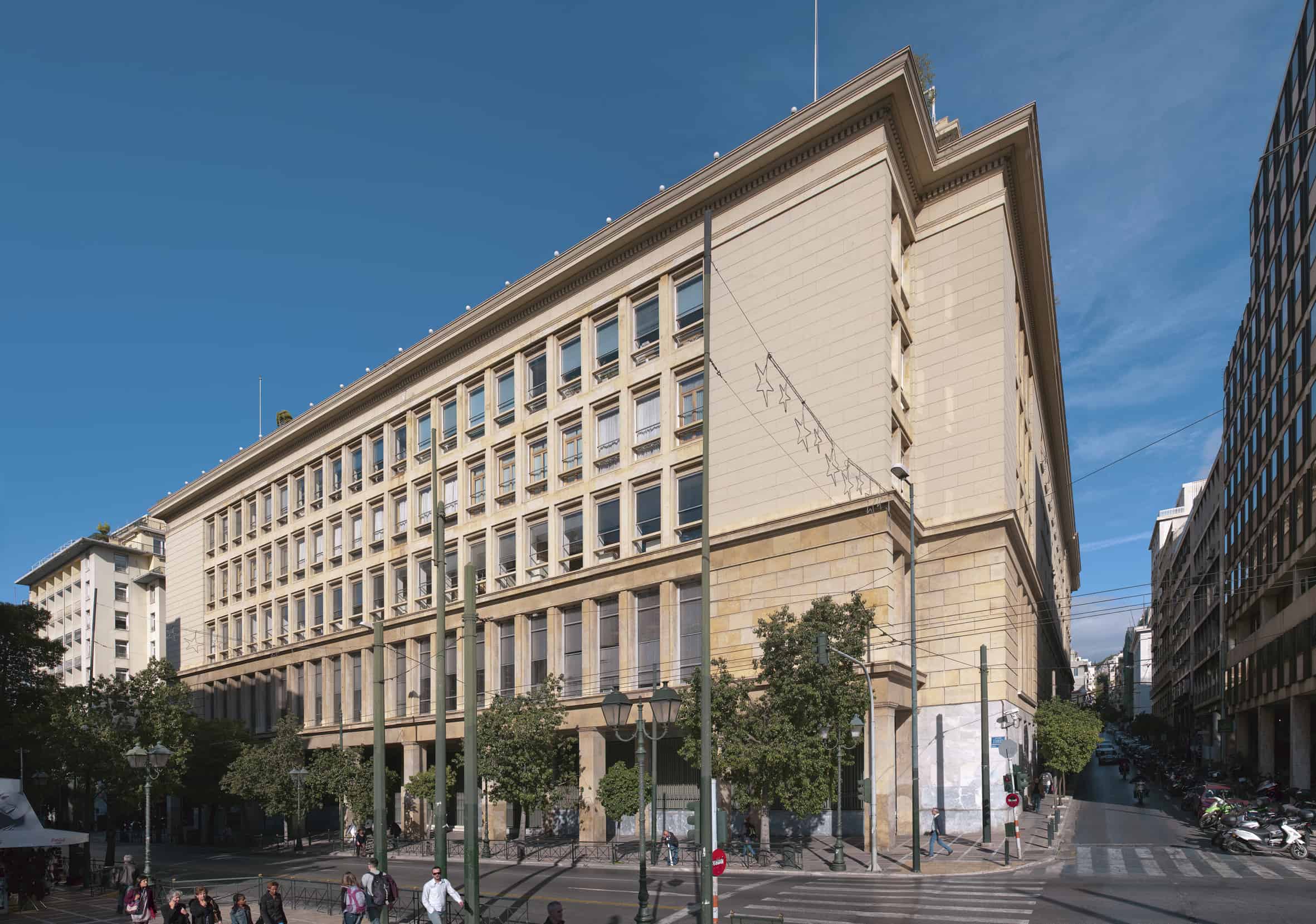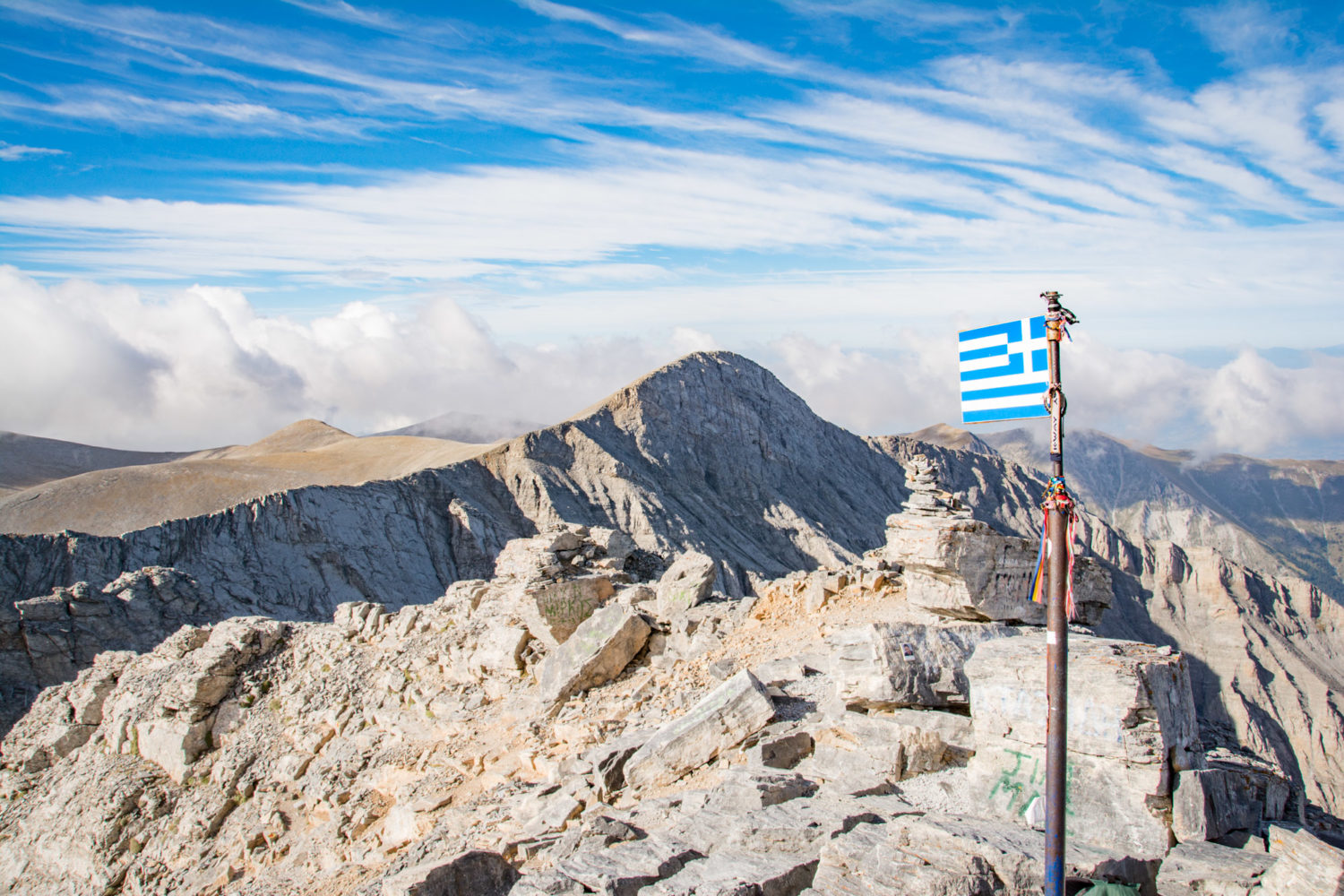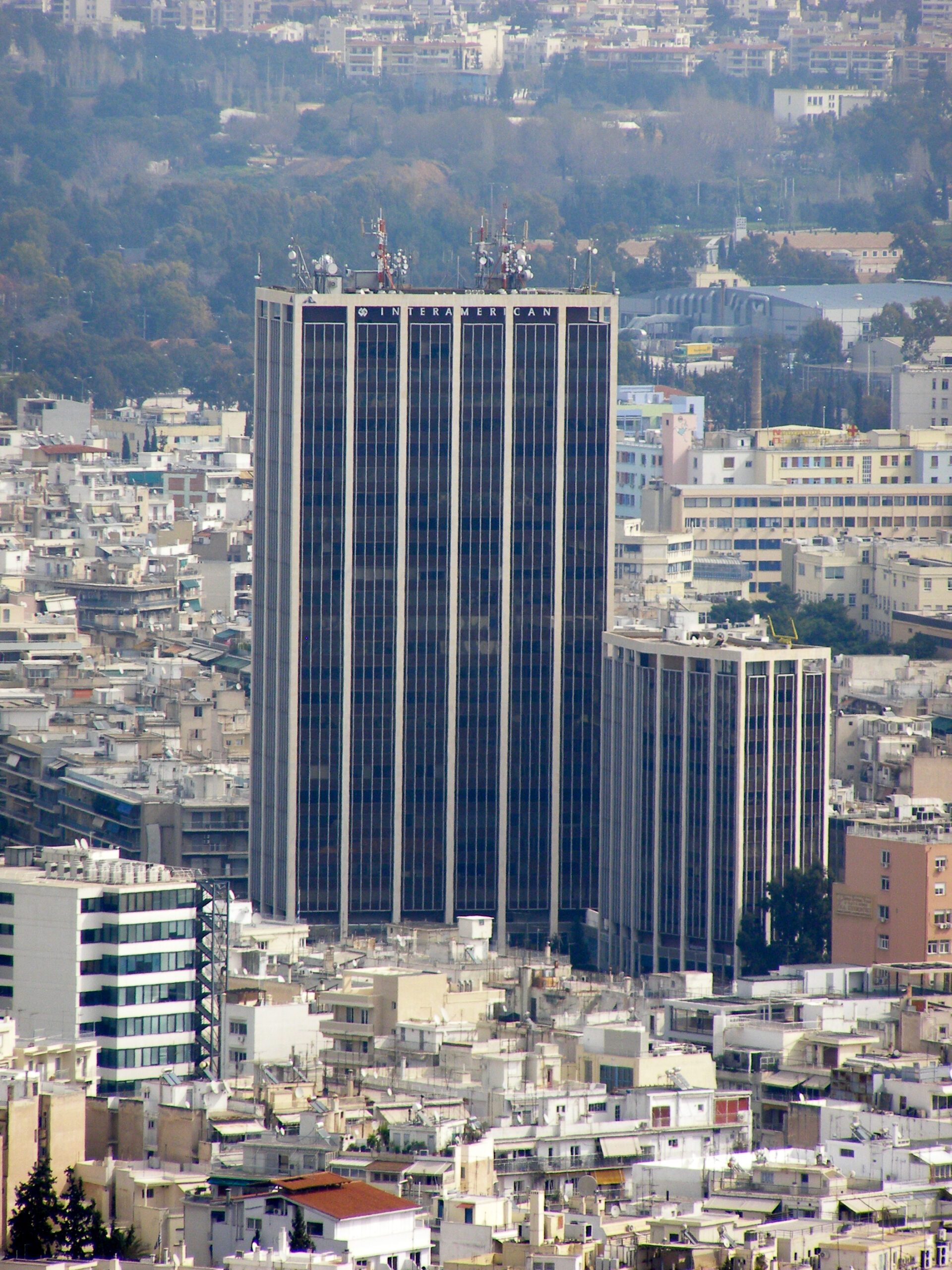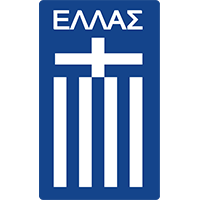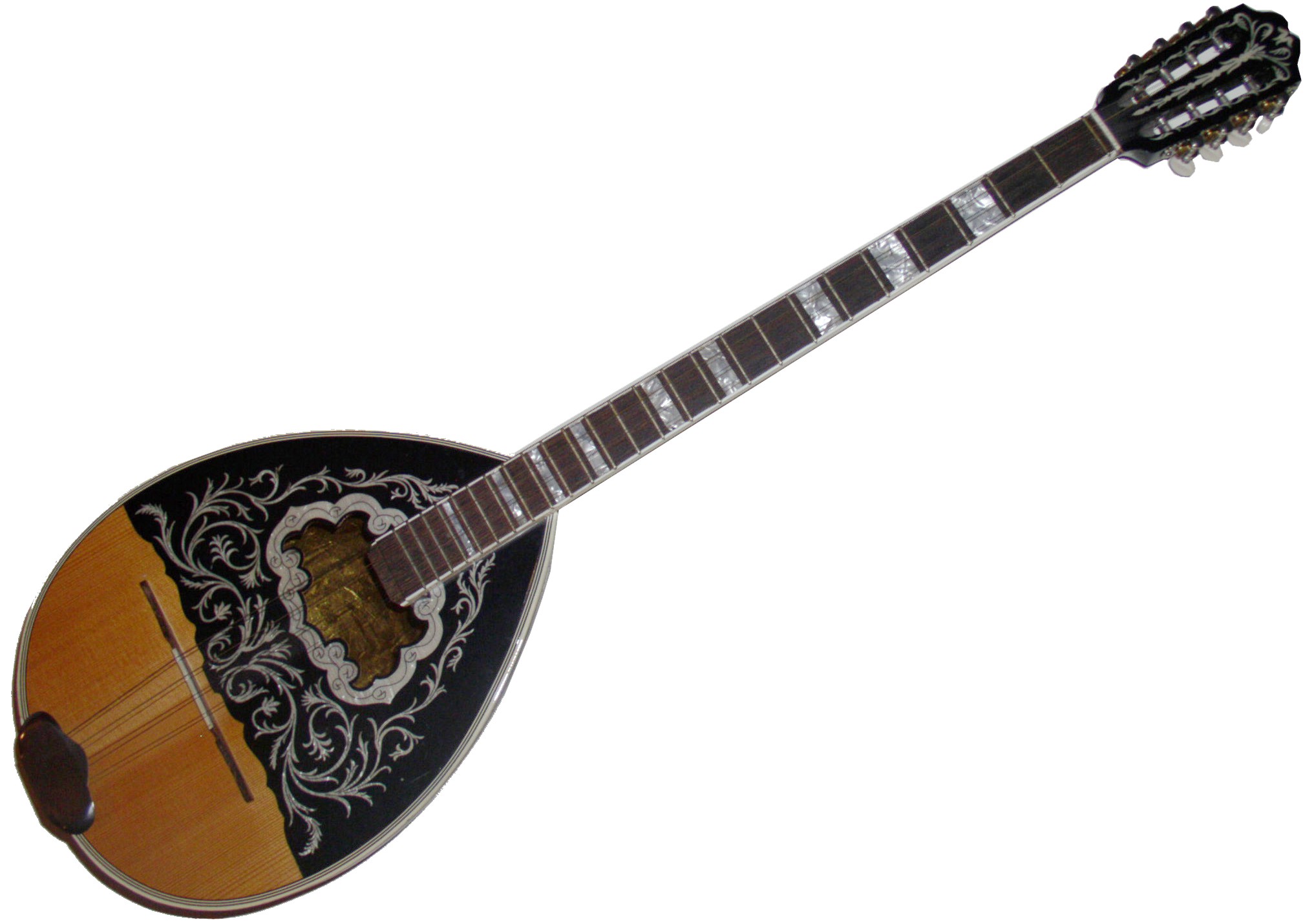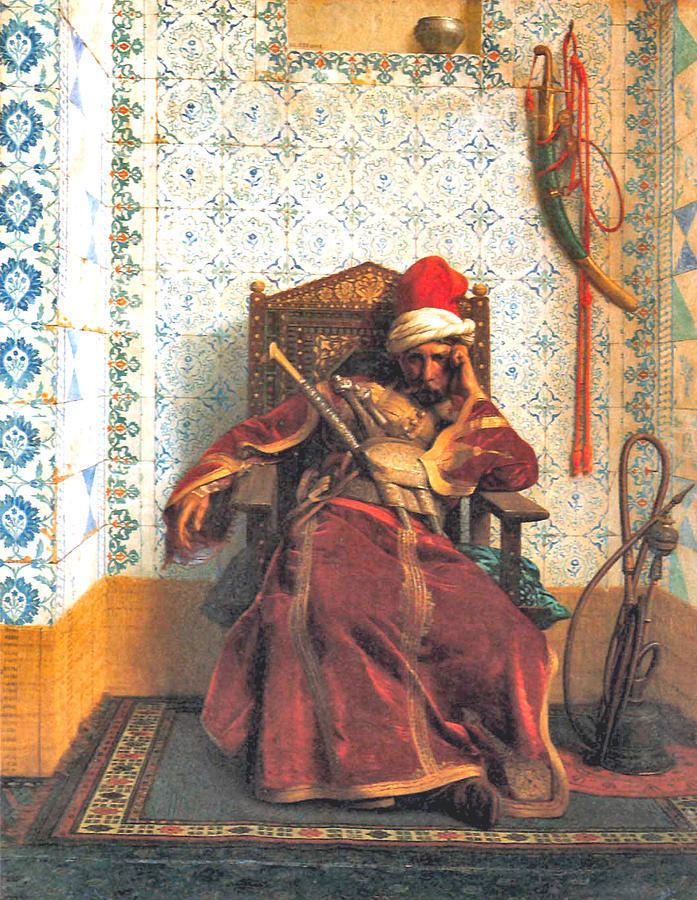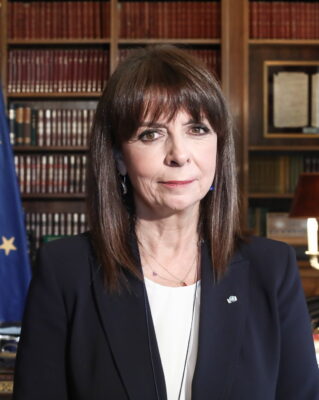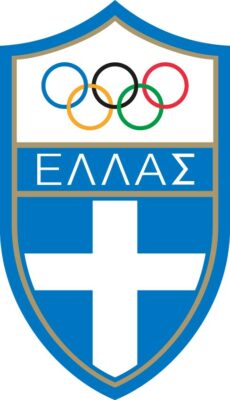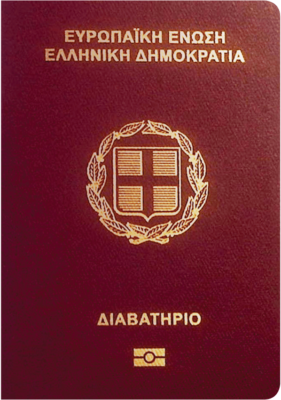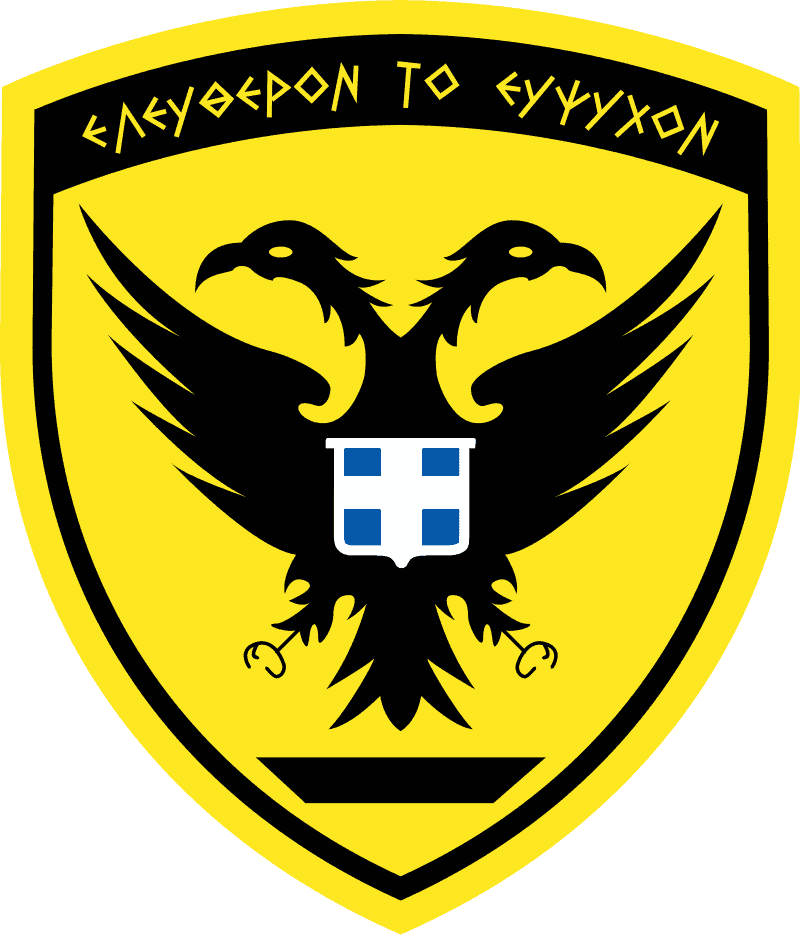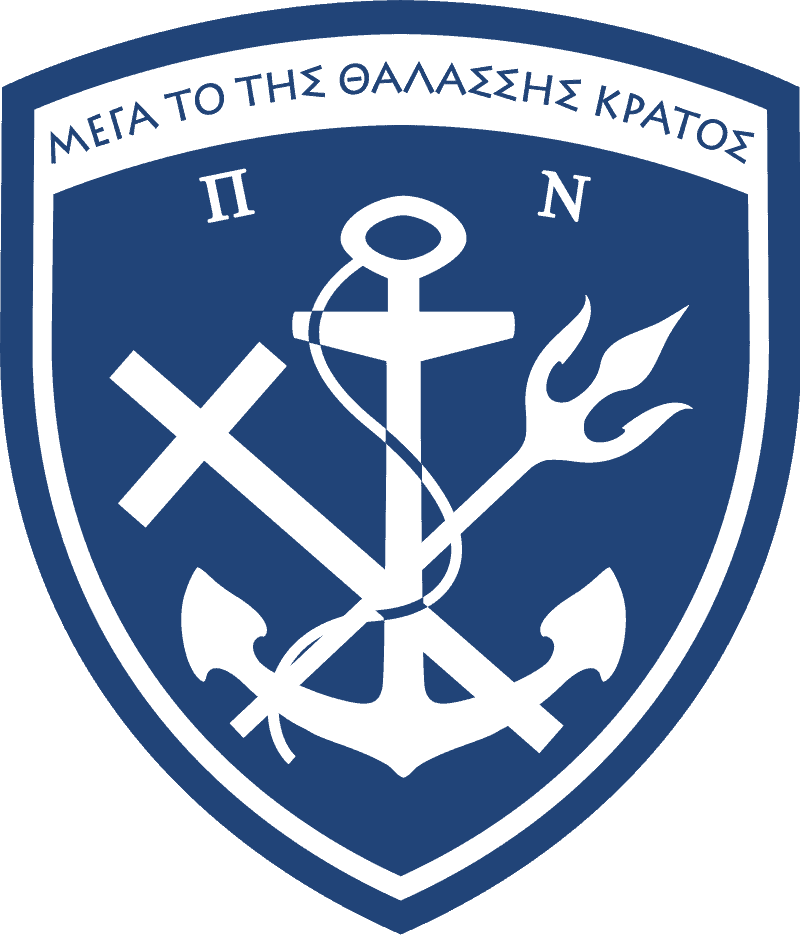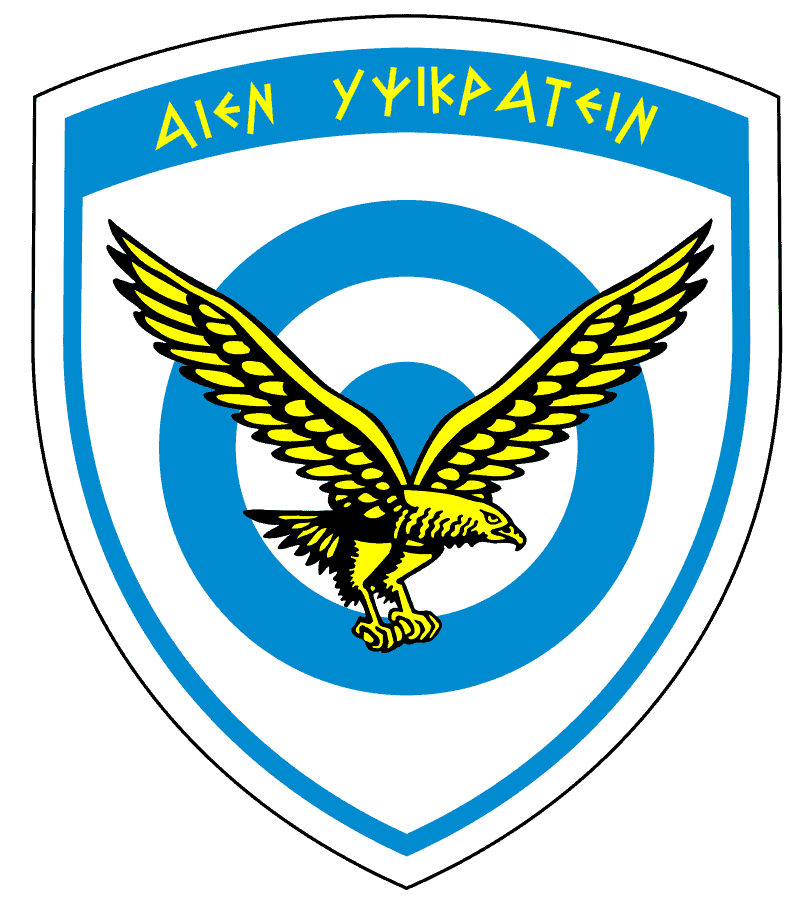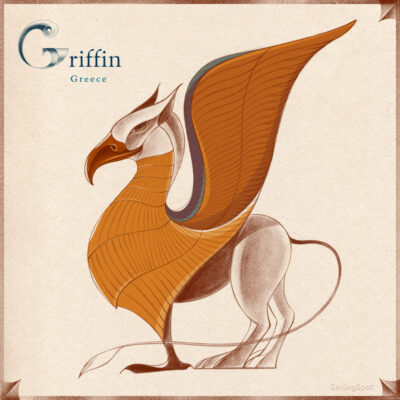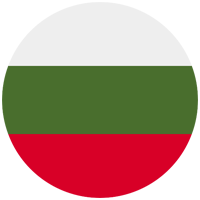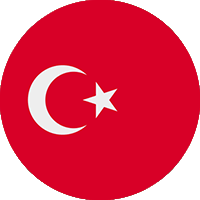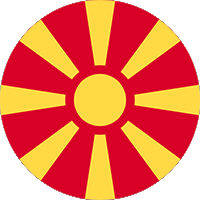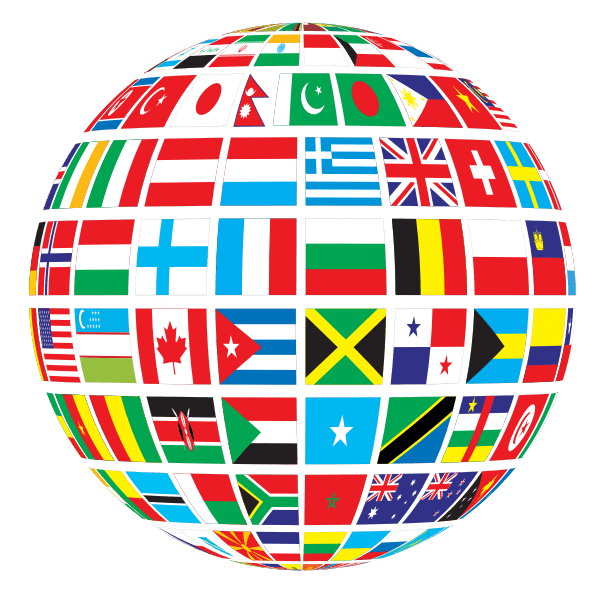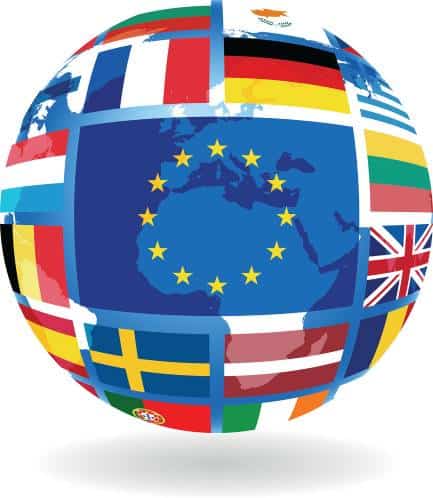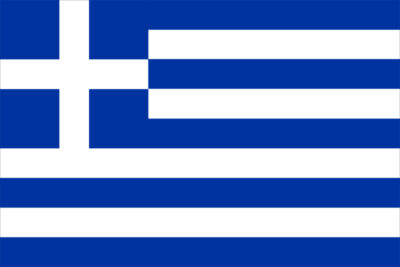National Symbols of Greece
Last updated on April 16th, 2024 by Editorial Staff
Table Of Contents
By Abdou | Updated on April 16, 2024
Reviewed by Rittika
Greece, the most southeastern European country, is the country with the longest coastline in Europe. Having more than 6000 islands, Greece is well known for its islands in the blue Aegean Sea to the east, in the Mediterranean Sea to the south, and in the Ionian Sea to the west.
Being the cradle of Western Civilization with its ancient history, Greece has the national motto “Eleftheria I Thanatos – Freedom or Death.” The national language is Greek. The capital Athens is the biggest city and is located in the southern part of the mainland.
Greece has some diversity in ethnicity with Greeks, Arvanites, Pomaks, and Pontic Greeks. Being devoted to the Greek Orthodox Church, most of the population see religion as a vital part of their identity. Greece is a member state of the European Union, so the monetary unit used is the “Euro.” The country code is +30, while the national domain is “.gr.”
Being the first people to rule the region and speak Greek, Mycenaeans are considered the country’s founders. The 25th of March, the national day (also called the Greek Independence Day), is when Greece got its independence from the Ottomans in 1821. The national hero Markos Botsaris was a general and a hero who fought in the Greek Independence War. The national colors of Greece are blue and white. Greece’s national flag consists of nine horizontal stripes of blue and white with a blue canton bearing a white cross in the upper left corner. The national emblem is a white orthodox cross on a blue background surrounded by blue and white olive tree leaves.
Greece has many national symbols, such as the national monument Acropolis of Athens. Located on a rocky hilltop near Athens, Acropolis is an ancient citadel consisting of many historically significant buildings under UNESCO’s protection. The national mausoleum is a cenotaph dedicated to every soldier in Greek history who died for their country; “Tomb of The Unknown Soldier.”
Dancing in a circle with holding hands, Kalamatianos is the national dance and another national symbol of Greece. Typically dancers wear the national dresses, which consist of a “foustanella” or trousers, a shirt called “poukamiso,” a vest called “yeleko” or “meindani,” a sash called “zonari,” unique leg coverings called “kaltses,” and leg garters called “gonatares,” and shoes called “tsarouhia.”
The national musical instrument is a long-necked lute called the bouzouki. Greece’s national poets are Homeros from ancient Greece and Dionysios Solomos, whose poems later became the lyrics of the national anthem “Hymn to Liberty.”
Greece’s national dish is an eggplant-based dish called Mousaka. The national drink is the anis-based alcoholic beverage “ouzo.” Olive Olea Europaea, the olive tree, is another national symbol and the national tree grown in every village in Greece. Acanthus Mollis, also known as the bear’s breech, is the national flower. Dolphin is the country’s national animal, while the national bird is the little owl.
Football is the national sport which is the most-watched sport in Greece. The country also has its airline called Aegean Airlines.
Kyriakos Mitsotakis is the current Prime minister of Greece and Katerina Sakellaropoulou is the President.
– Learn about Greece flag color codes and their meanings –
– Further information regarding the symbols and knowledge of Greece can be found in the table of contents –
Country information
Coat of arms
Flag map of Greece
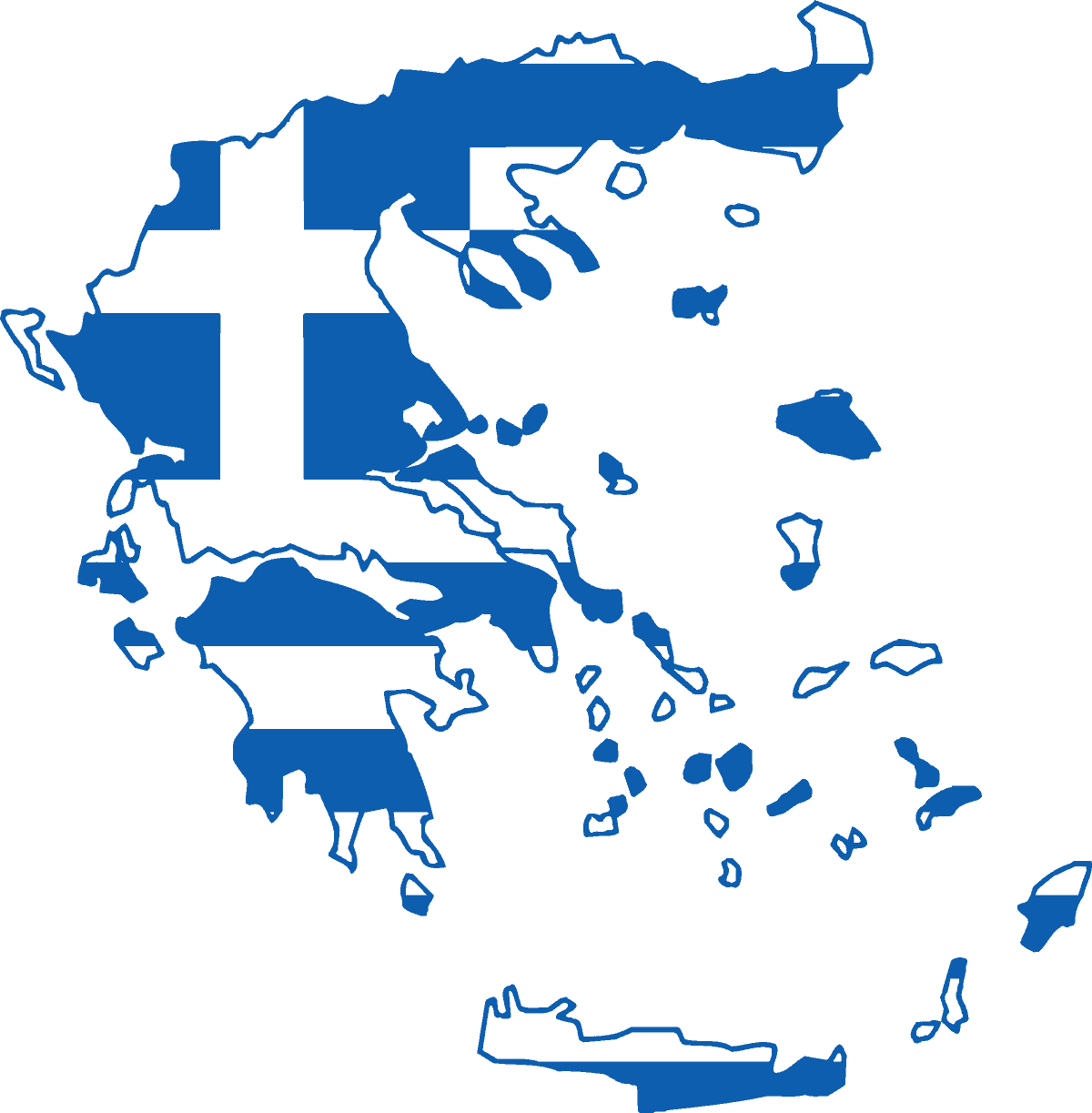
Motto of Greece
Ελευθερία ή θάνατος - Eleftheria i thanatos - "Freedom or Death"
National animal of Greece
The National animal of Greece is Dolphin
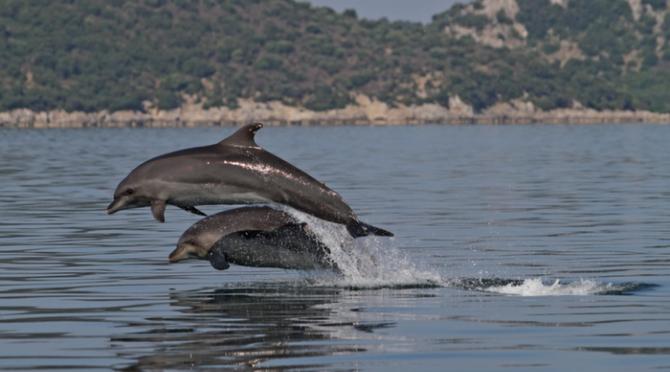
National flower of Greece
The National flower of Greece is Bear's Breech. Botanical name is Acanthus Mollis.

National bird of Greece
The National bird of Greece is Little owl
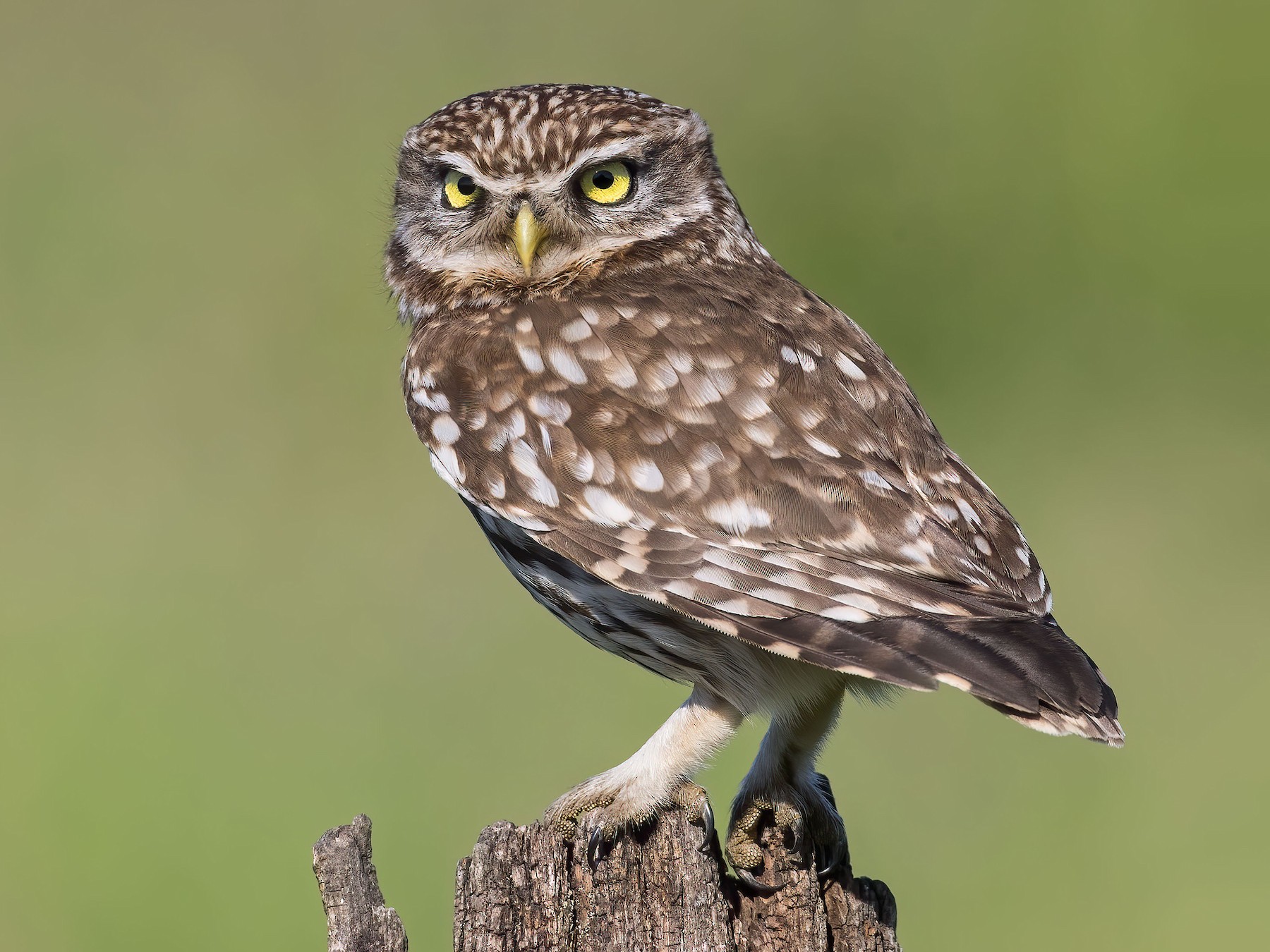
Rest of the National symbols of Greece 👇
-
FounderAlexander the Great
-
National dishMoussaka
-
National danceKalamatianos
-
National dressmen's traditional attire of Greece consists of a foustanella or trousers, a shirt called "poukamiso", a vest called "yeleko" or "meindani", a sash called "zonari"
-
National monumentAcropolis of Athens
-
National anthemView Anthem
-
National fruitNot Declared
-
National drinkOuzo
-
National colorsBlue and white
-
National sportsFootball
-
National treeOlive Olea europaea
-
National poetHomer, Dionysios Solomos
-
National mausoleumTomb of the Unknown Soldier (Athens)
-
National archivesGeneral State Archives
-
National museumNational Archaeological Museum
-
National libraryNational Library of Greece
-
Central BankBank of Greece
-
Highest peakOlympus
-
Tallest buildingAthens Tower 1
-
National football teamGRE
-
Tourism sloganAlways in Season
-
Emoji flag????????
-
National airlineAegean Airlines
-
National instrumentBouzouki
-
National heroMarkos Botsaris
-
PresidentKaterina Sakellaropoulou
-
Prime MinisterKyriakos Mitsotakis
-
Olympics CommitteeHellenic Olympic Committee
-
PassportPassport of Greece
-
ArmyHellenic Army
-
NavyHellenic Navy
-
Air ForceHellenic Air Force
-
Mythical CreatureGriffin
Neighbouring countries of Greece
Greek Proverbs - Popular quotes, proverbs and sayings.
Great abilities produce great vices as well as virtues. Men who have lost heart never yet won a trophy. A truth spoken before its time is dangerous. The rain wets the leopard's spots but does not wash them off. First secure an independent income, then practice virtue.
